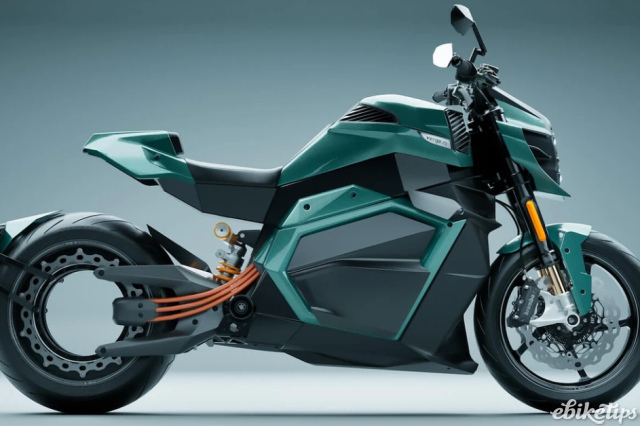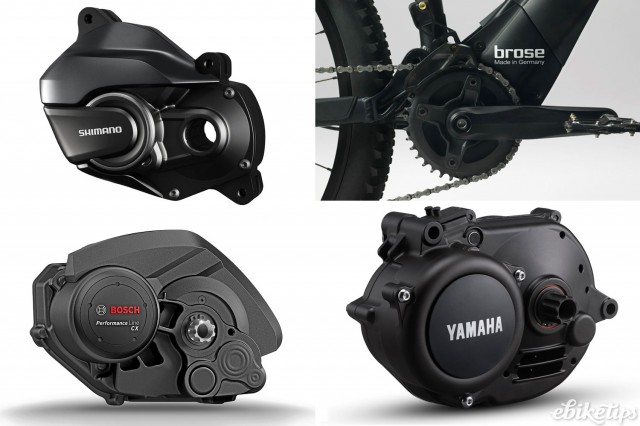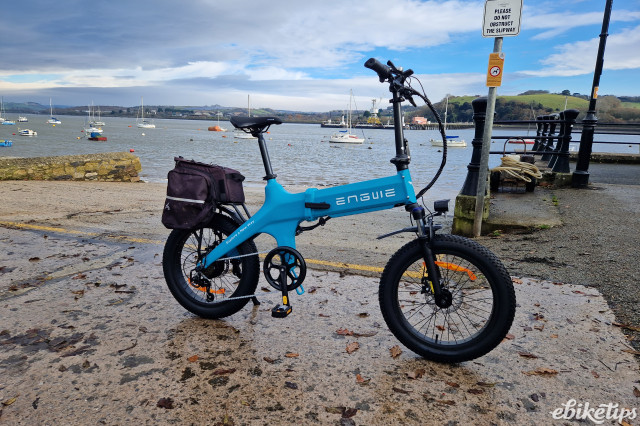Researchers at Emory University in Atlanta have found that the arrival of an e-scooter share scheme in a city can result in a rise in spending in fast food outlets.
ITS International reports that the ‘Wheels to Meals’ study looked at spending trends in food outlets in Atlanta, Austin, San Francisco and Washington DC – four cities with active micro-mobility schemes.
This was examined alongside data from four control cities – Boston, Houston, Philadelphia, and Seattle – which do not have such schemes.
The aim was to determine what effect the presence of e-scooters might have on spending at local businesses.
The study authors found that e-scooter deployment generated a positive effect on spending in fast food outlets, while inferring a “significantly negative” effect on spending at sit-in restaurants.
A strong positive effect was also seen for grocery spending.
“These effects are most significant for large companies that individuals have bought at before, selling at average price points, and do not vary significantly as a function of income,” states the study.
The impact upon the food sector as a whole was however deemed to be “significantly positive.”
The study concludes: “These results suggest that city governments looking to stimulate the local economy may be incentivised to take a more lenient stance towards e-scooter usage, allowing e-scooters into cities in which e-scooter companies have not been allowed in, and/or raising the maximum number of e-scooters allowed to be on the road, because the economic benefits of doing so are meaningful.”




